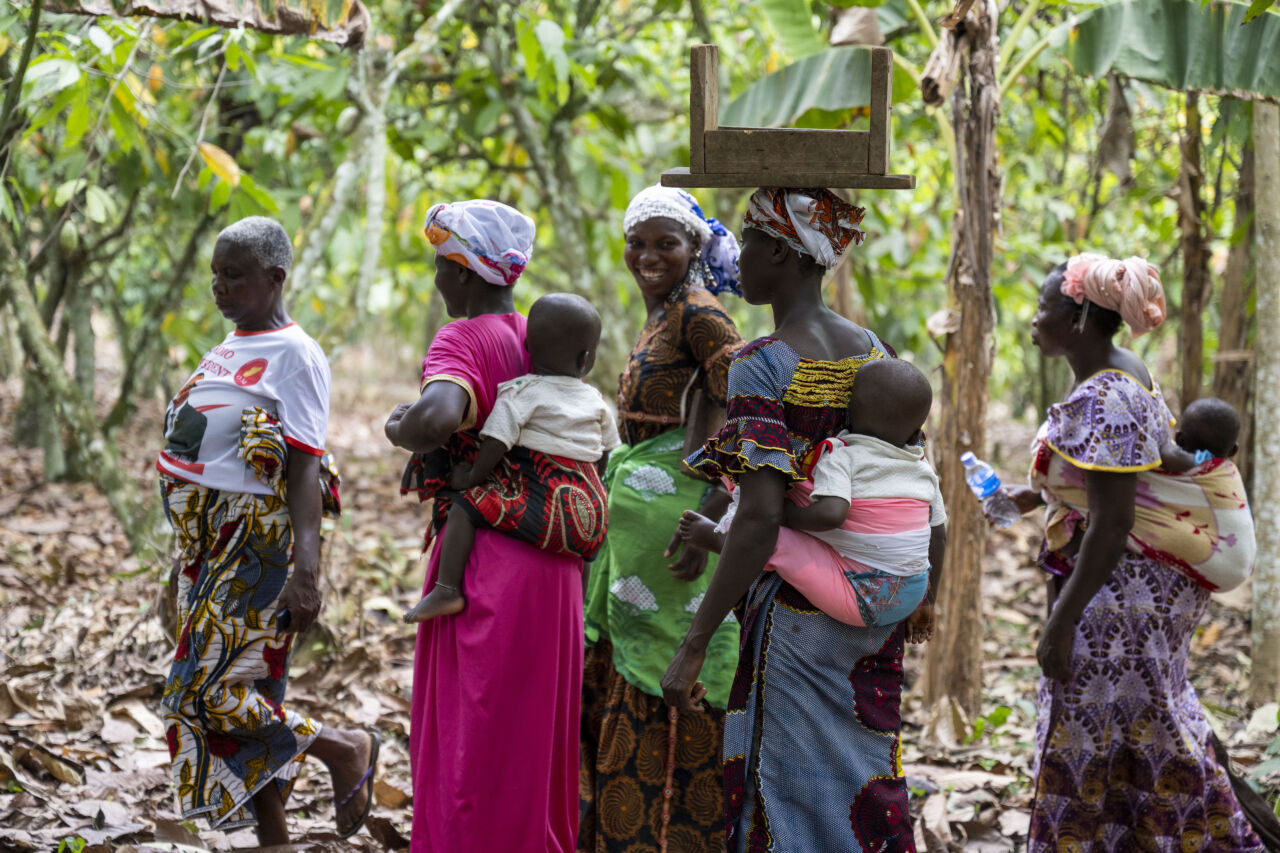Supply chains
Multi-stakeholder initiative held back by industry lobbies

The guiding idea is that policymakers, business and civil society should cooperate on improving the social, environmental and economic conditions in garments production internationally (see his contribution to www.dandc.eu). Today, this German multi-stakeholder initiative has 120 members, including over 70 clothing companies, various lobby groups, three federal ministries and civil-society organisations such as FEMNET.
Every two years, the individual companies that belong to the Textiles Partnership must currently demonstrate in a comprehensive review process how they fulfil their due-diligence obligations throughout the entire supply chain. They must publish this information in a report, the so-called Roadmap. FEMNET has assessed companies’ Roadmaps, and the result was that the efforts to tackle issues such as gender-based violence at work generally still have very much room for improvement. Seven years of Textiles Partnership have not led to the widespread implementation of measures that might effectively eliminate related risks.
The Partnership is also spawning a range of social and environmental initiatives in production countries. For example, FEMNET has launched a project in the Indian state of Tamil Nadu to tackle the slave-like working conditions endured by girls and young women in spinning mills. The private-sector companies Tchibo, Otto, KiK and Hugo Boss are involved, and so is Germany’s Federal Ministry for Economic Cooperation and Development (BMZ).
Despite some minor successes, the overall progress made by the Textiles Partnership remains meagre. Nothing close to a living wage (see main essay) is paid in any production country. A mere 13 member companies have signed up to an initiative for higher wages. Only 25 currently disclose their supply chain. Even an attempt to evaluate how well the Partnership is working has failed due to lack of participation. For the Textile Partnership to make sense in the long run, it needs more impact on workers’ lives.
Link
Review Reports on companies in the Textiles Partnership:
www.textilbuendnis.com/en/berichte
Gisela Burckhardt chairs the board of directors of the civil-society organisation FEMNET, which campaigns for the rights of women in the textile sector.
gisela.burckhardt@femnet.de











